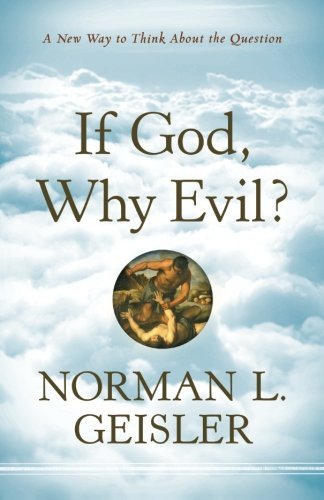What do you think?
Rate this book


Paperback
First published February 1, 2011
"That God has not yet defeated evil does not mean He never will. Further, if God is all-good (wants to defeat evil) and all-powerful (can defeat evil), then it is a certainty that evil will one day be defeated. Why? Because God can and wants to do it; therefore, He will. There simply is no logical way to refute this conclusion. In addition, if God is omniscient (all-knowing), then surely He knows whether evil will be defeated. It is highly unlikely, given these attributes, that God would have created such a world as ours if He did not know in advance that evil would be defeated. And this is exactly what the Bible says He will do."